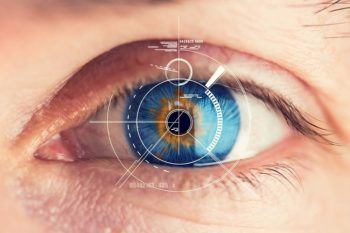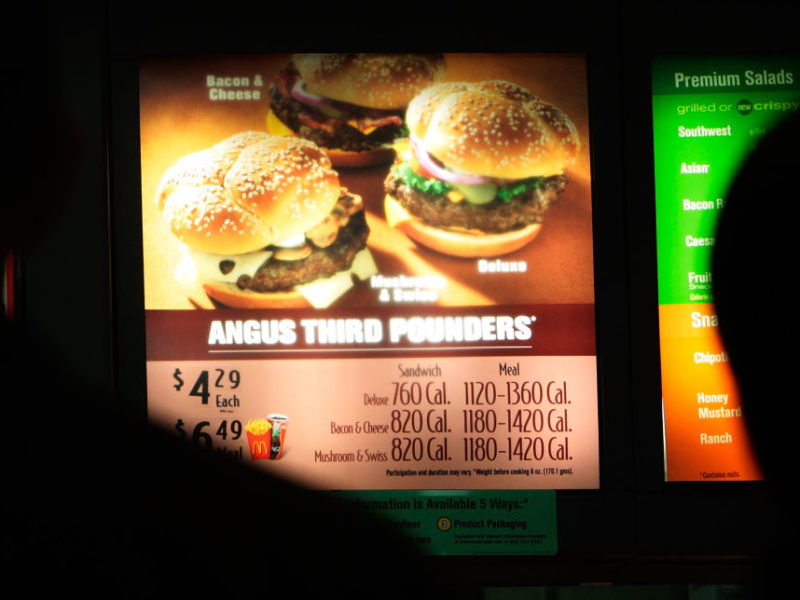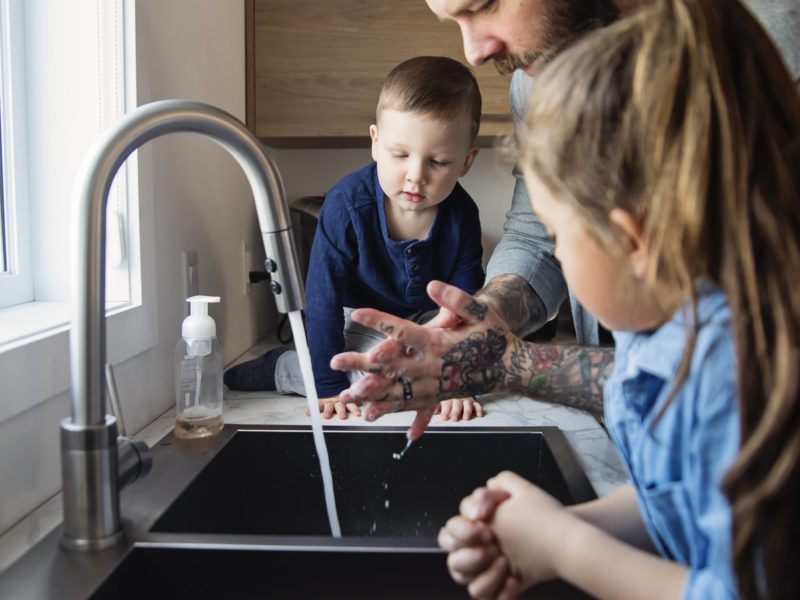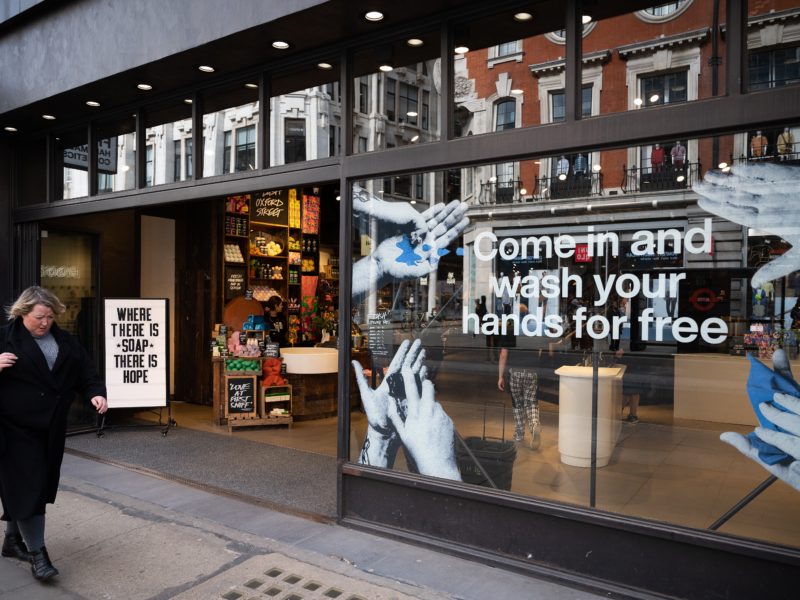Human Behavior Lab Delves Into The Subconscious
We already know the subconscious stealthily guides us through life, but scientists at the Human Behavior Lab at Texas A&M University are developing ways to identify when and how people make unconscious decisions.
Marco Palma, director of the Human Behavior Lab, said a person’s inner feelings can be read by looking at subtle signals. Racing hearts, pupil dilation and other reactions hidden deeply in the folds of the brain reveal many truths. Now with the aid of computers and sophisticated sensors, Palma and his team of researchers can track activity in the brain and see subconscious physiological reactions more clearly than ever.

At the Human Behavior Lab, which is the largest multidisciplinary biometric lab in the world, the goal is to try to use data to predict subconscious thoughts and understand how people make decisions. Ultimately, the hope is that the science can lead to better decision-making.
The applications are varied:
- They can be personal. Research can lead people to make better life choices about nutrition and lifestyle.
- They can be commercial. Palma and his team helped a local businesses grow by exposing customers to certain products. The team has worked with winemakers and Texas barbeque pit masters, increasing their sales by up to 40 percent by changing their menus because of the lab’s results.
- And in a new experiment, Palma’s lab recently helped the KBTX news team to see how Democratic voters really felt about the Democratic presidential candidates during a recent debate. Palma discussed his findings the next day on KBTX.
John Sharp, chancellor of The Texas A&M University System, said the work of Palma and his team offers a fascinating look into the human mind. Chancellor Sharp said: “The applications are limitless.”
The laboratory houses several biometric workstations that allow research participants to interact in various environments while researchers gather biometric data. The lab’s research typically focuses on food choice, health, obesity and nutrition. But other work involves self-control, risk behavior, charitable giving, cheating and antisocial behaviors.
The lab initially was founded and funded by three Texas A&M professors, including Palma, Luis Ribera and Charlie Hall. The lab was greatly expanded by a Texas A&M University Research Development Fund grant awarded in 2016.
Media contact: Laylan Copelin, Vice Chancellor of Marketing and Communications, 979-458-6425, lcopelin@tamus.edu.





